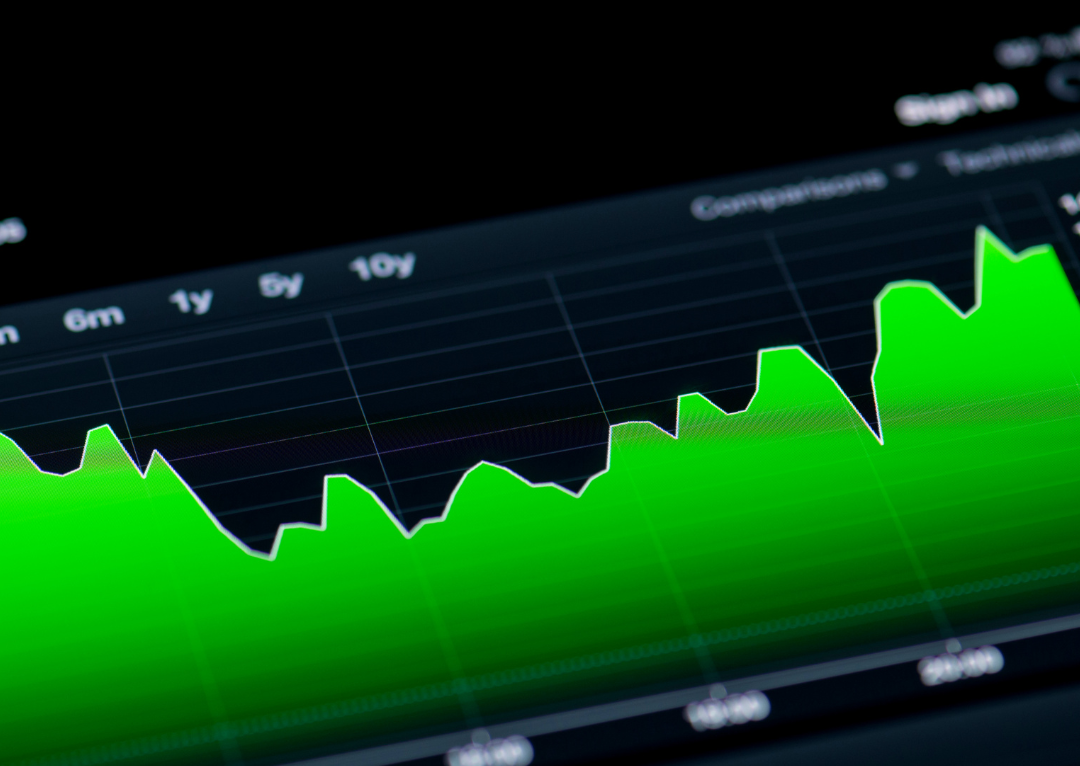ETF vs Mutual Fund, what’s the difference?
An explanation of ETFs and Mutual Funds and what they both provide compared to each other.

The multitude of options within equities is the overwhelming factor that deters investors from making wise investments. Should you invest in a particular sector, in crypto or maybe stocks? What about the time of day or strategy? Everything can get a bit muddy if the benefits and drawdowns aren’t fully understood, especially for the fundamentals. However, taking the time to understand the difference between ETFs and Mutual Funds is the step that can impact how much money you make.
How are an ETF and a Mutual Fund similar?
The initial similarity between ETFs and Mutual Funds is how everybody, regardless of experience, knows to invest in one or the other! Both are significant vehicles for success. Both allow investors to pool money together and invest in a basket of assets, including stocks, bonds, commodities, and other investments. Both can track indexes. Both can be used to diversify a portfolio and reduce risk.
The attractive qualities that draw investors in can cause confusion when the differences start popping up! Just because you can get that diversification with both, doesn’t mean the pricing and management are the same.
How are an ETF and a Mutual Fund different?
Once the prestige and similarities are put aside, the differences between ETFs and mutual funds become very niche. The main difference is how they are traded and managed. ETFs trade on an exchange like stocks, while mutual funds are traded directly with the fund company (ex. Vanguards). This means that ETFs can be bought and sold throughout the day, while mutual fund trades are executed once per day at the end of the trading day. Along with it, it makes it easier for investors to manage ETFs vs. Mutual Funds because it’s typically through the company.
Another significant difference between ETFs and mutual funds, typically the deal breaker, is their expense ratios. An expense ratio is a fee that the fund company charges to cover the costs of managing the fund, and ETFs generally have lower expense ratios than Mutual Funds. The reason is because ETFs are more passively managed compared to Mutual Funds.
Pros and Cons of ETFs and Mutual Funds for Your Portfolio
Although there are several interchangeable similarities, the differences still impact the pros and cons of ETFs and Mutual Funds. They have the ability to fit varying investment strategies, so depending on the goal, you may want one over the other.
ETFs
Pros:
- Trade like stocks, so you can buy and sell throughout the day (intraday trading).
- Typically experience reduced tax liabilities because of lower capital gains distributions.
- Generally, they have lower expense ratios than mutual funds.
- Offer a wide range of investment options, including index funds, sector funds, and commodity funds.
Cons:
- Primarily passively managed, which may not suit investors seeking active management.
- Can be more volatile than mutual funds due to intraday trading.
- May have higher commissions than mutual funds.
Mutual Funds
Pros:
- Experienced fund managers make active investment decisions.
- Can be purchased in fractional shares, making them more affordable for investors with smaller budgets.
- No brokerage commissions attributed to mutual funds.
- Offer various investment options, including actively managed funds, index funds, and target-date funds.
Cons:
- Can only be traded once per day, at the end of the trading day.
- Generally, they have higher expense ratios than ETFs.
- Typically, mutual funds generate more capital gains distributions, leading to higher tax liabilities.
- Actively managed funds may underperform the market over time.
Takeaways
How do you decide if you should invest in an ETF or a Mutual Fund? It all comes down to preferences and management. If you’re unsure what yours are, you can build that up with alphaAI. Although Mutual Funds aren’t part of the shtick, with our machine learning technology you can rely on data-driven decision-making regarding ETFs. Our AI analyzes ETFs with a unique predictive capability, and multiple models work together to make trading decisions. The predictive models used by alphaAI can identify patterns in ETF data that are not visible to humans. Our AI investment technology automatically adapts to changing market conditions so that you're always optimally positioned to achieve your financial goals. If you’re looking for a rules-based portfolio management system, you found the rightplace! Check out more about how our technology functions here.
Sources
- https://www.schwab.com/etfs/mutual-funds-vs-etfs#:~:text=While%20they%20can%20be%20actively,performance%20of%20a%20particular%20index.&text=Mutual%20funds%20come%20in%20both,are%20managed%20by%20fund%20managers.
- https://www.investopedia.com/articles/investing/110314/key-differences-between-etfs-and-mutual-funds.asp
- https://www.alphaai.capital/journal-entries/our-technology
Latest Research

Paul Merriman’s Ultimate Buy & Hold Portfolio: Historical Review and Modern Risk Considerations
.jpg)
How AI Safely Manages Leveraged ETFs for Long-Term Investors

The Compound Cost of Losses: Why Avoiding Drawdowns Matters More Than Chasing Upside

The Case for Tax-Aware Long-Short Crypto Investing: Gain Crypto Exposure + Generate More Tax Losses Than Direct Indexing
Frequently Asked Questions
Find answers to common questions about alphaAI.


